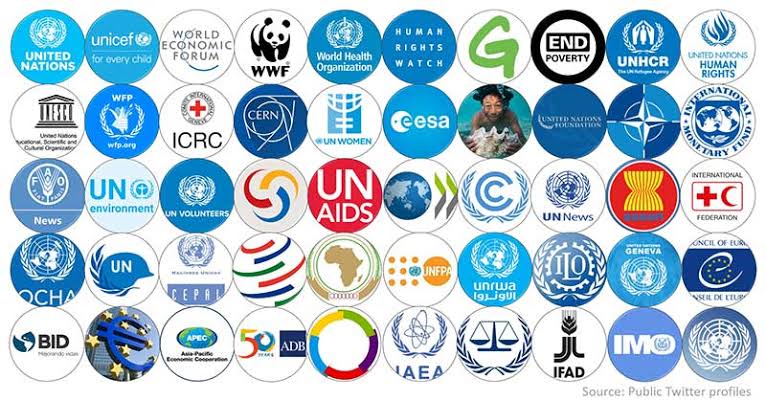Education is critical pillar for national development and in Nigeria it is a sector that faces numerous challenges. Issues such as inadequate funding. Poor infrastructure. And shortage of qualified teachers hindered growth of the educational system. To address these challenges, international organizations play significant role in supporting education in Nigeria. These organizations provide financial assistance. Technical expertise. And innovative programs aimed at improving educational outcomes. This article explores the various ways in which international organizations contribute to education sector in Nigeria and the impact of their efforts.
One of most direct ways international organizations support education in Nigeria is through financial assistance and grants. These funds are crucial. They bridge budgetary gaps that often plague educational sector.
The World Bank has been long-term partner in Nigeria’s education sector. It provides substantial funding for various educational projects. These projects aim at improving access quality and equity in education. For instance, World Bank's Global Partnership for Education (GPE) has financed programs. These programs focus on increasing enrollment rates in primary and secondary schools particularly for girls and children from marginalized communities.
UNICEF
The United Nations International Children's Emergency Fund (UNICEF) plays a pivotal role in supporting education in Nigeria. It provides financial resources to improve school infrastructure, supply educational materials, and train teachers. UNICEF’s focus is often on ensuring that vulnerable and disadvantaged children receive quality education. Their programs target areas with high rates of out-of-school children and work towards integrating these children into the educational system.
Technical Expertise and Capacity Building
Beyond financial assistance, international organizations also offer technical expertise and capacity-building initiatives. These efforts aim to enhance the skills of educators and administrators, thereby improving the overall quality of education.
UNESCO
The United Nations Educational, Scientific and Cultural Organization (UNESCO) supports Nigeria by providing technical assistance in educational planning and policy formulation. UNESCO helps in developing curricula that meet international standards and are relevant to the local context. It also conducts training programs for teachers and educational administrators to improve their pedagogical skills and management practices.
USAID
The United States Agency for International Development (USAID) focuses on capacity building within Nigeria’s education sector. Through initiatives like the Northern Education Initiative (NEI), USAID works to improve literacy and numeracy skills among young learners. USAID provides training for teachers, develops learning materials, and supports community engagement to create a conducive learning environment.
Innovative Educational Programs
International organizations often introduce innovative educational programs that address specific challenges within the Nigerian education system. These programs are designed to enhance learning outcomes and ensure that education is inclusive and equitable.
Global Partnership for Education (GPE)
The Global Partnership for Education collaborates with the Nigerian government to implement innovative programs that improve educational access and quality. GPE focuses on initiatives that promote gender equality in education and address barriers to learning for children with disabilities. Their programs include community-based interventions that encourage school attendance and retention.
British Council
The British Council has been instrumental in introducing innovative programs such as the Connecting Classrooms initiative. This program links schools in Nigeria with counterparts in the United Kingdom, fostering cultural exchange and enhancing teaching and learning practices. The British Council also supports the development of digital literacy skills among students and teachers, preparing them for the demands of the modern world.
Addressing Gender Disparities in Education
Gender disparities remain a significant challenge in the Nigerian education system, with girls often having less access to education compared to boys. International organizations have made concerted efforts to address these disparities and promote gender equality in education.
Plan International
Plan International works extensively in Nigeria to promote girls' education and reduce gender disparities. Through programs like "Because I am a Girl," Plan International provides scholarships, builds safe and girl-friendly schools, and advocates for policies that support girls' education. They also work with communities to change attitudes and practices that hinder girls' access to education.
CARE International
CARE International focuses on empowering girls through education. Their initiatives include providing scholarships, mentoring programs, and creating safe spaces for girls to learn. CARE International also works with local communities to raise awareness about the importance of girls' education and to eliminate practices such as early marriage that disrupt girls' education.
Improving Educational Infrastructure
Adequate infrastructure is essential for effective learning. International organizations have been instrumental in improving the educational infrastructure in Nigeria, ensuring that students have access to safe and conducive learning environments.
African Development Bank (AfDB)
The African Development Bank supports the Nigerian government in developing educational infrastructure. Through projects like the Nigerian Education Sector Support Program, AfDB funds the construction of schools.
